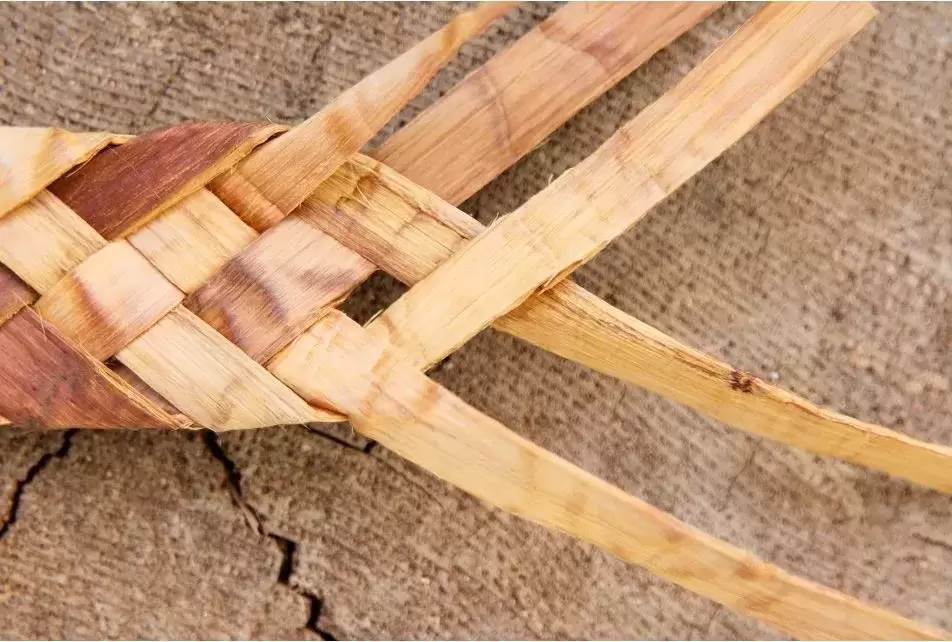For too long academics with little understanding of a First Nation have stepped in to study an Indigenous community, producing data that provides little benefit to those who live there, says a UVic researcher at the helm of an initiative designed to change this pattern.
The University of Victoria’s Charlotte Loppie, associate dean of research in the Faculty of Human and Social Development, is now the steward of a $3.5 million grant awarded to her by the Canadian Institutes for Health Research (CIHR). She describes herself as a steward because while she is listed as the recipient, and the funds will be held at UVic. There is an entire team of Indigenous health researchers and knowledge-holders at multiple levels who will be deciding how the money is dolled out going forward.
The BC Network Environment for Indigenous Health Research (BC NEIHR) has been specially created for the occasion. NEIHR existed prior to this, with multiple locations across the country, but there was no BC branch until now.
“This network will lead to expanded opportunities to establish and promote Indigenous-led research, to engage students and to develop new ways in which we can continue to work together,” said Vice-president of Research, Lisa Kalynchuk.
According to Charlotte Loppie, the funding will be broken up into amounts of $700,000 per year over the five years. The funding will not exactly go towards actually carrying out research, as health research funding generally does, but instead to help “build capacity” for Indigenous communities and organizations to prepare to carry out the research they’re interested in doing.
Preparation is an often overlooked area, which can make or break a project. Funding for such a thing will help level the playing field, said Loppie, and ensure Indigenous people have more adequate access to funding—funding for health research that can ultimately bring about better overall wellness for Indigenous people, she added.
“Rather than a platform for research, we envision the BC NEIHR as a blanket that supports innovation and uncovers brilliance; it is a representation of our values and principles as well as a tangible foundation upon which to build meaningful partnerships in the pursuit of enhanced wellness for Indigenous peoples,” said Loppie.
Other vital areas of research preparation covered by BC NEIHR will include writing grant applications to provincial and federal agencies, developing research budgets, and connecting with research partners, and for participants to learn more about what it means to be Indigenous-led during these kinds of tasks.
Indigenous people, communities, and organizations already have the ability to do good research, said Loppie, and they often have clever ideas for research projects, they just need a boost in areas which might not be as clear for them, or that they simply don’t have the manpower to fill.
As mentioned above, there are already Indigenous health professionals and researchers on board. BC NEIHR has been launched, and the advisory council will help steer it. The three major partner organizations are the First Nations Health Authority (FNHA), the BC Association of Aboriginal Friendship Centres (BCAAFC), and the BC Metis Nation. Those three partners have one designated representative sitting on the council. And there is also one representative from the National Collaborating Centre for Indigenous Health (NCCIH), as well as one student representative.
The council is not yet complete, though; COVID-19 created some roadblocks because no in-person meetings can be held right now. But it will also have elders and knowledge-holders from various communities and organizations involved, said Loppie.
Part of the grant amount will also go to having assigned research facilitators for each of the five health regions in BC (Fraser, Northern, Vancouver Island, Vancouver Coastal, and the Interior health regions). And the BC Metis Nation has also requested they have a research facilitator of their own.
Next, the team with BC NEIHR plans to hire students in the fall, and place them in communities wanting their help. This benefits the communities, of course, but also the students, by giving them real on the ground experience, said Loppie.
And she is not only happy to see the BC NEIHR formed, but also somewhat relieved, she said. Loppie is all too familiar with stories of what has happened throughout much of the past with researchers from outside communities going into them, conducting research, gathering data, and leaving, she said. Sometimes it’s very invasive, and leaves those who have been the subjects of the research without any access to what happens afterward, including to data or the results of the data. The process is “extractive,” like mining or logging.
Loppie credits this entire movement of Indigenous-led health research coming up now to Dr. Carrie Bourassa, who is the scientific director of one of the 13 Institutes under CIHR - the Institute for Indigenous People’s Health (IIPH).
It was Bourassa who rallied the other institutes together last year and encouraged them to allocate a huge sum of money for Indigenous health research. That led to the creation of NEIHR, said Loppie.







